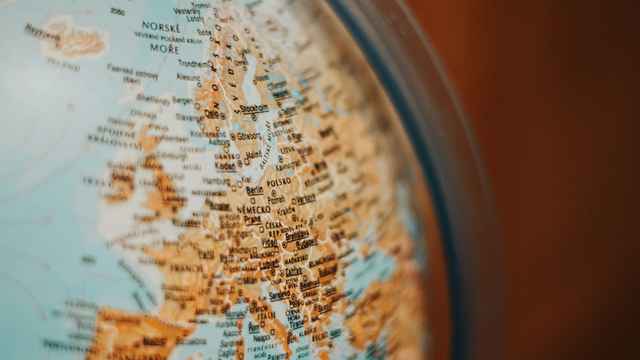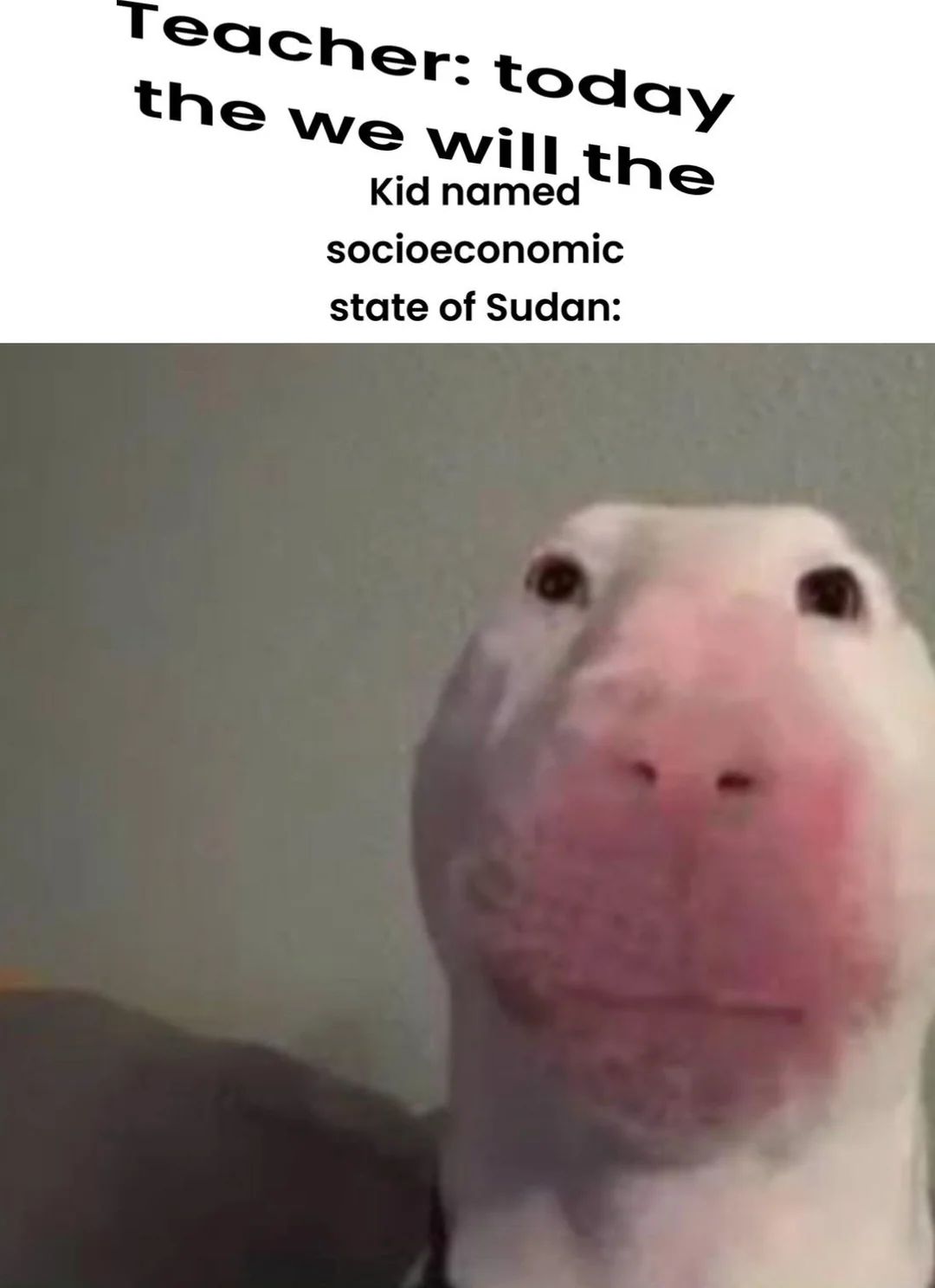
Geography jokes
Yo momma's so fat, she rolled out the bed, out the room, down the stairs, smashed through the window, rolled down the road, and got stuck in the Grand Canyon.
Your hairline is the road to Eastern Cape.
New BBC Geordie police drama set in Honolulu.
Haway Five O.
Jerry: What's the best thing about Switzerland?
Charles: I dunno.
Jerry: Well, the flag is a big plus.
Your mum's so fat, she fell into the Grand Canyon and got stuck going down.
Memes
RTG iceberg?
"Mayotte’s are sinking in the yogurt! (My Oat’s)" 🇾🇹🇾🇹🇾🇹🇾🇹🇾🇹🇾🇹
What is an emo's favorite place?
Niagara Falls.
The best way to enjoy Port Arthur is to shoot through--a quote by hilarious comedian Isaac Butterfield.
The potholes so big in Oklahoma Can make a whole garden.
What state starts with an "a a lama"?
One tonsil said to the other tonsil, “We must be in San Juan Capistrano, here comes another swallow.”
What's the special part of town called? Downtown.
I've spent most of my life avoiding conflict. That's why I'm never intending to visit Syria.
What's the difference between a southern zoo and a northern zoo?
A southern zoo has a description of the animal on the front of the cage, along with a recipe.
The CCP have managed to achieve in making Covid last longer than the Great Wall of China.
Knock knock. Who's there? Europe. Europe who? (You're a poo.)
Bro, why does Ohio look like Fallout 4?
Why does Fallout look like Ohio?
Why is the world split in half? Because fat people are weighing the Earth down.
